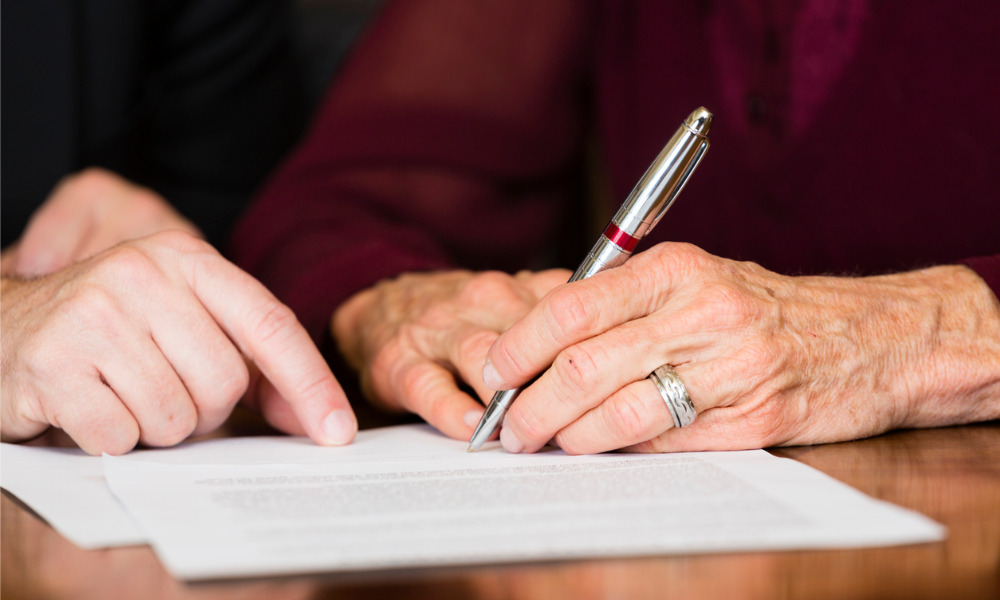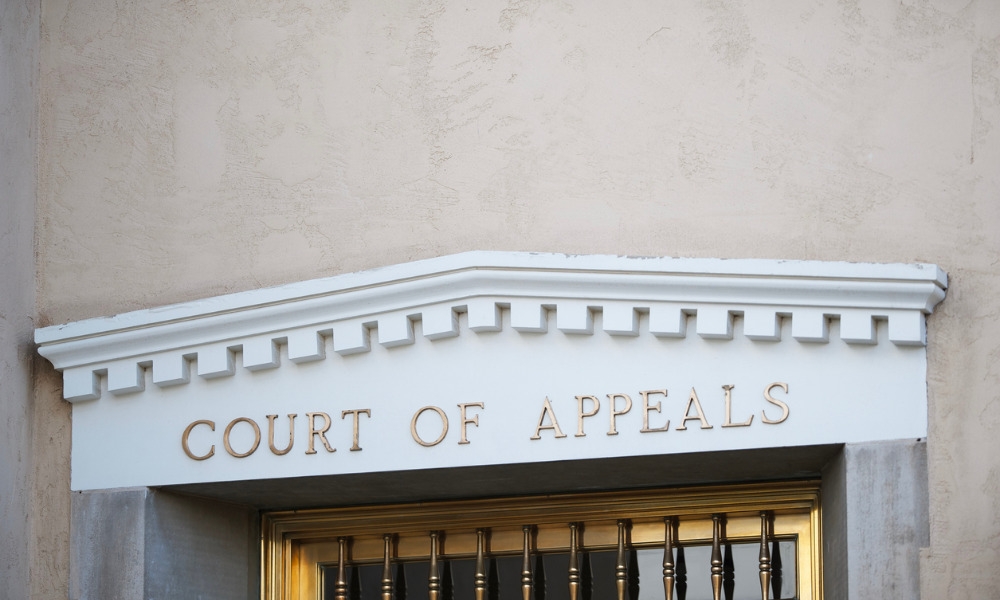Worksafe NZ filed the charges after a young child was fatally injured in an accident

The High Court recently ruled on whether a trust or its trustees can collectively be deemed a "person" under s. 16 of the Health and Safety at Work Act.
The dispute in Worksafe New Zealand MHI Haumaru Aotearoa v RH & Jury Trust & Ors, [2023] NZHC 3871 involved charges filed by Worksafe New Zealand Mahi Haumaru Aotearoa following a tragic incident on a dairy farm in Waiotahe in September 2020. In the incident, a young child was fatally injured in a machinery-related accident.
The core question before the high court was whether a trust, specifically the RH & JY Trust, fell within the definition of "person" as outlined in the Health and Safety at Work Act, which includes a "body of persons, whether corporate or unincorporate." Worksafe argued that the trust, rather than the individual trustees, should bear the liability, emphasising systemic governance and management failures. Accordingly, WorkSafe sought a ruling under s.147 of the Criminal Procedure Act 2011 that the trust is a "person". It submitted in the alternative that the trustees of the trust are collectively a "person".
The court's decision delved into the interpretation of relevant legislation, drawing parallels with a precedent-setting case which dealt with similar issues in a different statutory context. The judgment acknowledged that while trusts are generally not considered separate legal entities, specific legislation may displace this orthodox position.
The court rejected the argument that trusts should be prosecuted as separate entities, opting to consider trustees collectively as the "body of persons, unincorporate" under the act. The judgment emphasised the need for conceptual consistency with civil law principles and the practicality of enforcing criminal liability.
Additionally, the court addressed the indemnity issue for trustees from trust assets, clarifying that s.29 of the act does not prohibit such indemnity under the trust deed. However, the judgment underscored that indemnification should align with the legislation's overarching purpose and the specific facts of each case.
Ultimately, the court found that the lower court erred in not applying relevant precedents and ruled in favour of Worksafe's alternative argument that trustees collectively constitute a "body of persons" under the legislation. Despite this ruling, the judgment highlighted the complexities and potential challenges in prosecuting trusts directly under the Health and Safety at Work Act.








